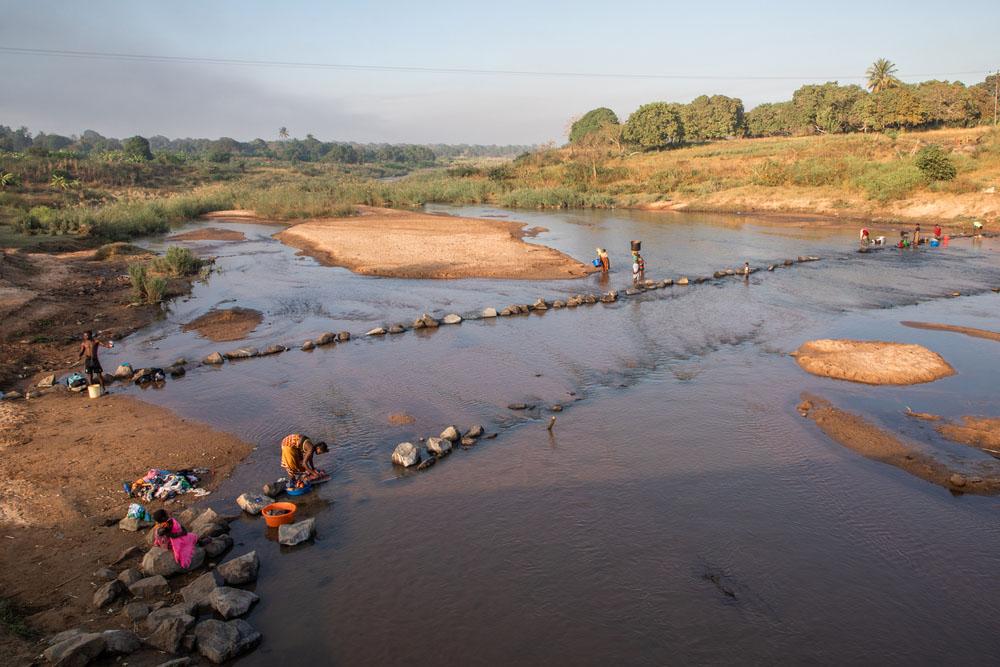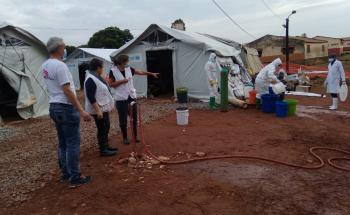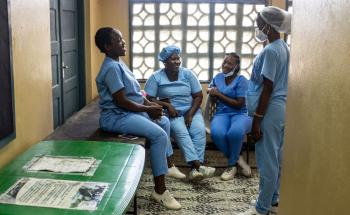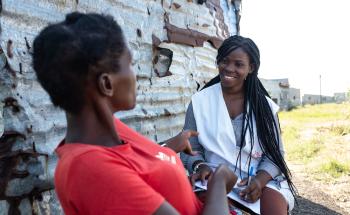Doctors Without Borders (MSF) has been supporting and running medical projects in Mozambique, a country nestled in Southern Africa, for almost three decades. For 20 of those years, our teams have been adjusting strategies to assist communities facing the HIV epidemic, particularly in the capital city, Maputo. In this urban region, MSF established a crucial project focusing on HIV, tuberculosis (TB) and chronic viral hepatitis, which remained open until 2020.
In Nampula province, current MSF programs focus on providing care for people with neglected diseases.
In this three-question interview, Stéphane Foulon, MSF country director since early 2022, along with Ana Gabriela, an MSF medical doctor who has been part of the MSF project in Nampula for seven years in various medical capacities, offer insight into MSF’s medical work with tropical neglected diseases in Mozambique.
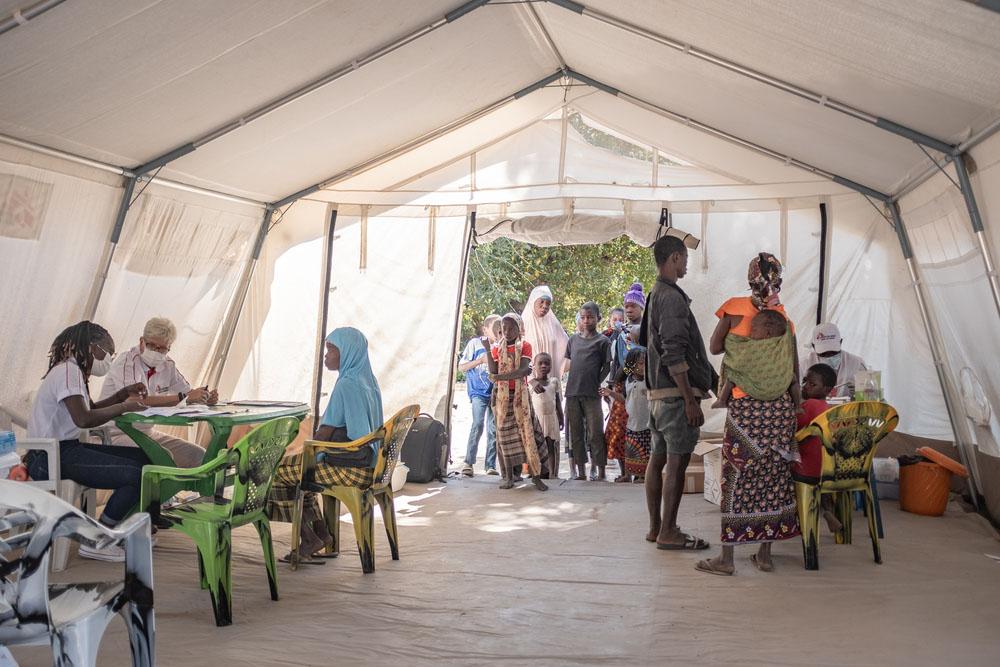
How is MSF currently addressing the health challenges, particularly those related to neglected tropical diseases and the climate crisis?
Mozambique ranks as one of the two most at-risk countries in Southern Africa and is among the top 10 globally for extreme climate shocks. Nampula, a region with one of the highest poverty rates and where our teams have provided medical care, suffers from some of the country's poorest education and health indicators. The area faces a high prevalence of neglected tropical diseases, which currently lack targeted care.
Since 2022, in collaboration with the Ministry of Health, our teams have run a project in Mogovolas district in the province of Nampula, located in northern Mozambique and approximately 2000 kilometres from Maputo.
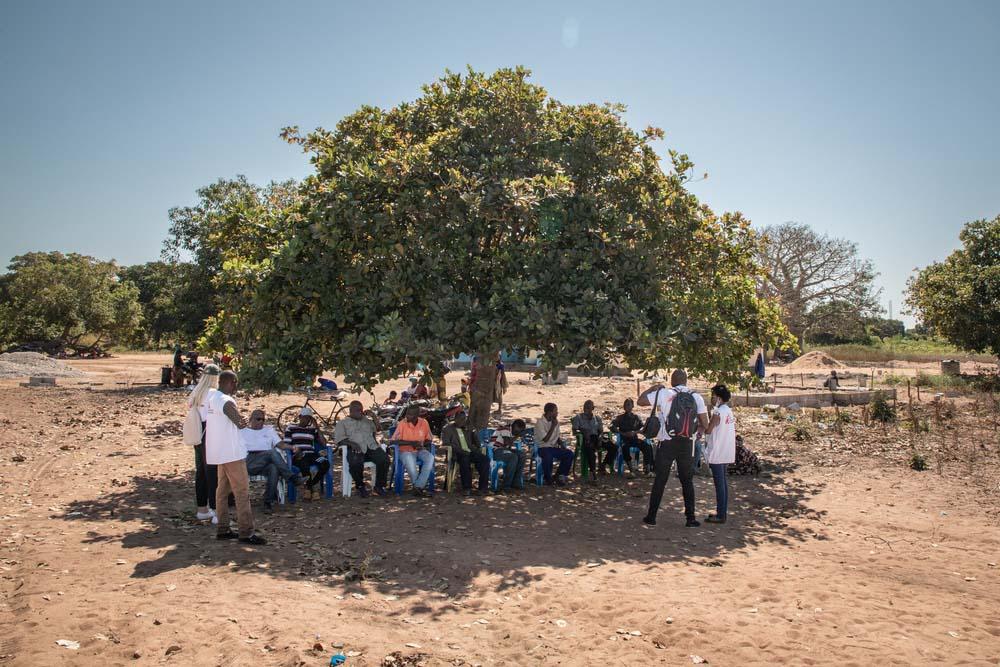
The project aims to address gaps in the health system regarding the prevention, diagnosis and treatment of selected neglected tropical diseases like lymphatic filariasis and schistosomiasis, as well as vector-borne diseases such as malaria and dengue.
Our team is also actively participating in national initiatives for surveillance and prevention of epidemics, such as the National Cholera Elimination Plan. We are also engaged in preparing for disasters, particularly extreme weather events like cyclones.
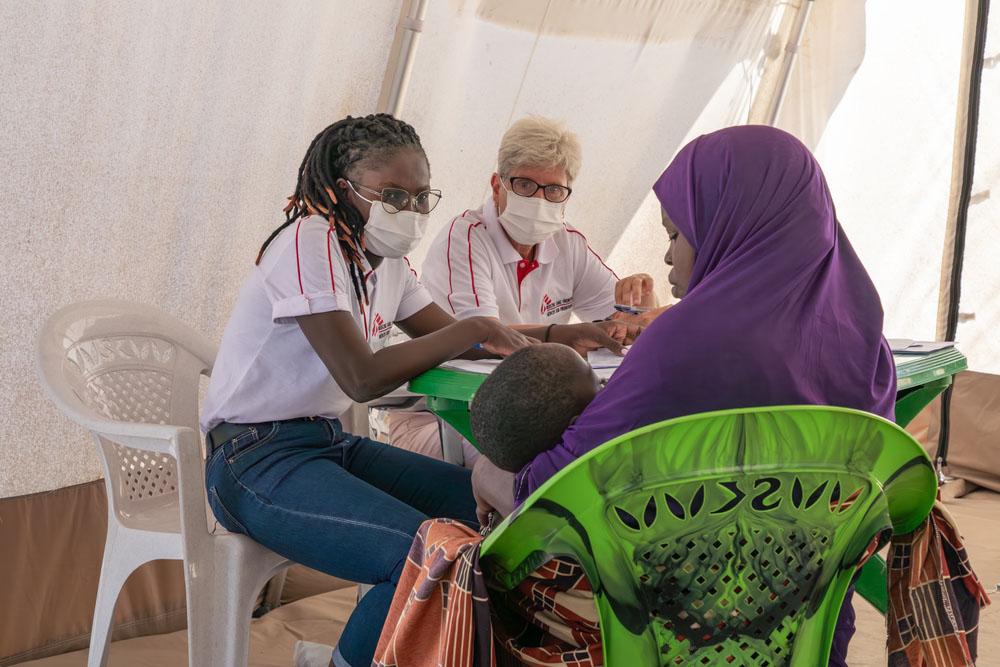
How does MSF's approach in Nampula ensure holistic healthcare, mental health support and a patient-centred strategy, particularly in the context of managing and eradicating neglected tropical diseases?
The project is designed to be comprehensive, providing medical assistance, water and sanitation, and health promotion activities in the communities we serve. Mental health care has not been implemented yet, but we are actively assisting peer support within the self-care groups.
‘People as partners’ is also an integral strategy in our project. This approach allows us to discuss and organize services together with the community, including through a steering committee.
Our teams are working to improve the monitoring and reporting of neglected tropical diseases in the district. With the data available, we have mapped and tried to select the communities with the highest burden of these diseases.
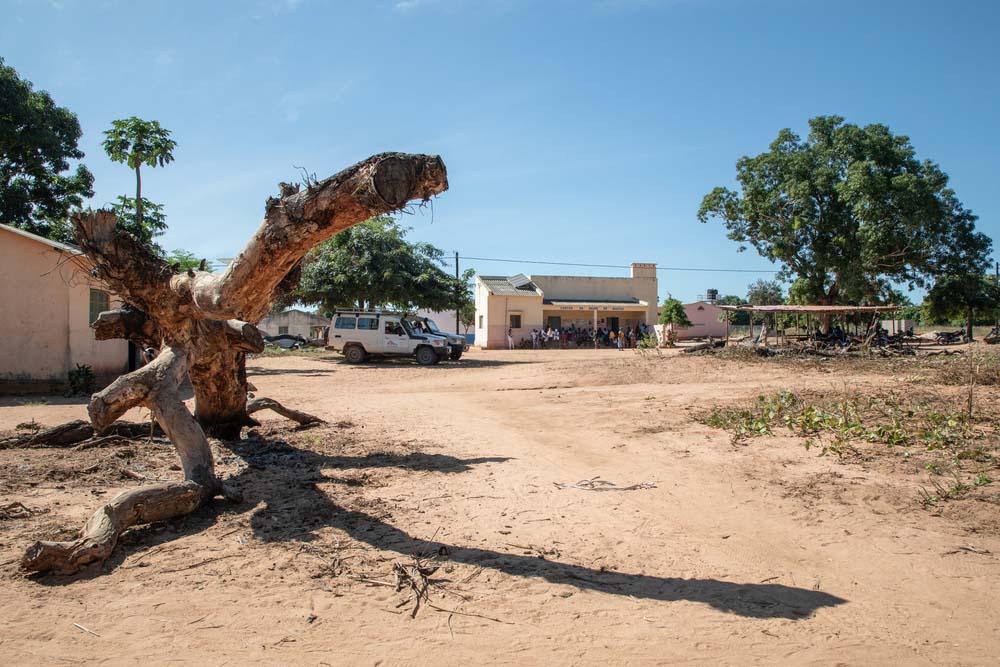
A strategy was implemented to provide a full package of health promotion, medical, water and sanitation activities by engaging the main community representatives and local leaders in the steering committee.
Engaging the community means members actively work with MSF teams to evaluate their healthcare needs, identify barriers, propose adapted and sustainable solutions and monitor activities.
While the elimination of certain neglected tropical diseases requires a multisectoral approach, including engagement with authorities and mass drug administration, integrated morbidity management is also an essential part of our healthcare package. This model of care has the potential to be replicated by other humanitarian partners and the Ministry of Health.
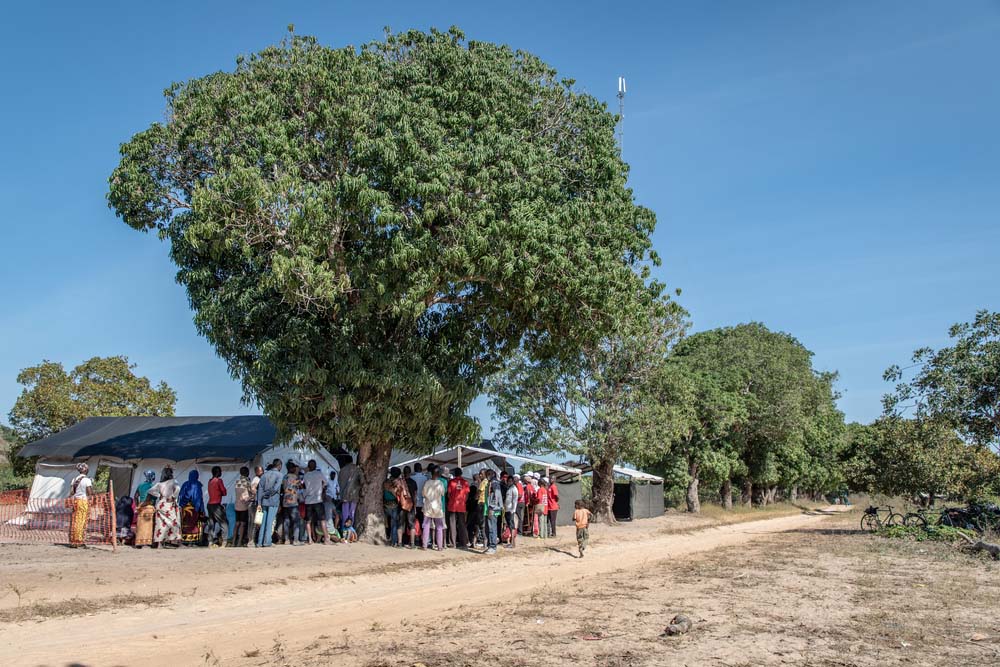
Could you elaborate on MSF's strategy regarding inclusion, locally hired staff empowerment, and continuous training in the context of your work in Mozambique, specifically the Nampula project?
Our project in Nampula is based on a patient-centred approach and engagement with local communities. Inclusion is a key element of our work – our teams work with patients as partners, viewing them as part of the team.
Empowering locally hired staff is another priority. As a responsible employer, MSF is committed to providing new opportunities and challenges to enable our teams to build capacities and develop new skills.
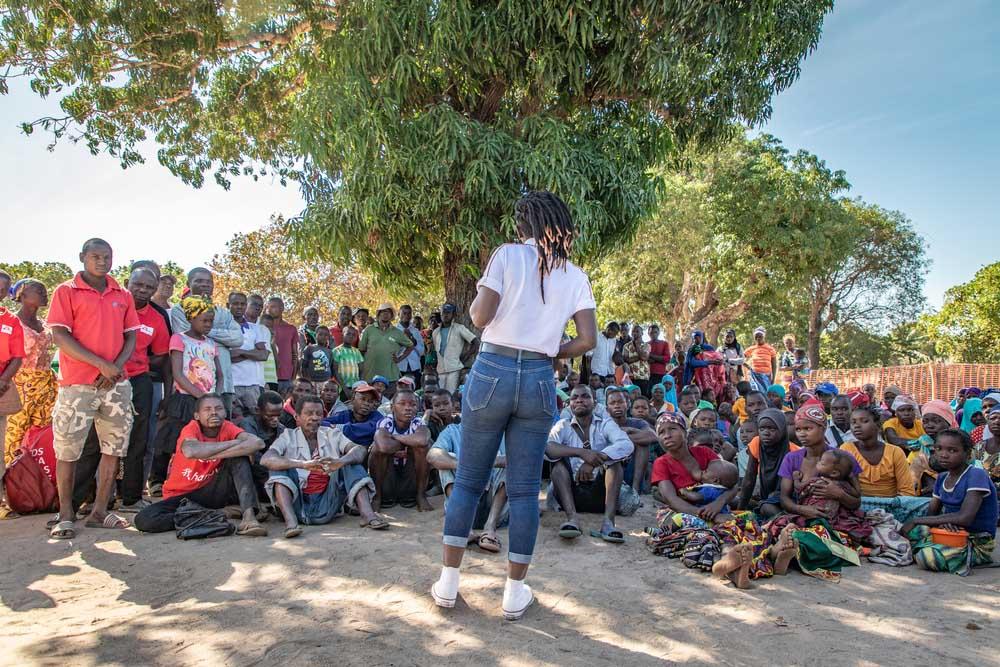
Founded in 1971, MSF is a global movement with staff from over 160 countries. Our teams are managed by MSF associations, whose members are primarily current and former project staff. The active participation of MSF staff in defining the Nampula project orientations and activities is crucial. We facilitate spaces for dialogue, debate and reflection at the project level to gather everyone's views, reach a common understanding and agree on the way forward through workshops and meetings.
Additionally, MSF offers a broad range of training opportunities for the teams, both online and in the project, including coaching, mentoring and detachment.
Ensuring our staff are well-trained guarantees the quality of care provided. Moreover, entrusting teams with responsibilities guarantees the sustainability and continuity of that quality care.
